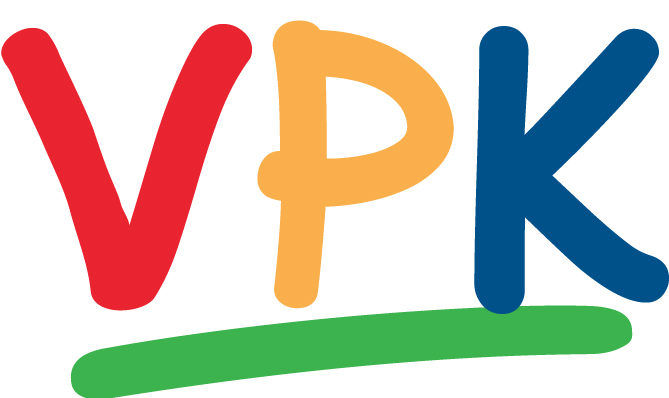How Parents Can Support Their Children During VPK for Kindergarten Success
- Andrea Alvarez
- Jul 2, 2025
- 3 min read
Updated: Sep 9, 2025

Your child’s VPK (Voluntary Prekindergarten) year is a special time. It’s full of growth, discovery, and excitement as they build the skills they need for kindergarten. But while the classroom is key, parents play an equally important role in making sure their child thrives.
Here’s how you can support your little learner during their VPK year so they feel confident and ready for kindergarten:
1️⃣ Build a Strong Morning and Evening Routine
A predictable routine helps children feel secure and ready to learn.
✅ Morning tips: Wake up with enough time for breakfast and unhurried dressing. Talk positively about school to set the tone.
✅ Evening tips: Set a consistent bedtime (4-year-olds need 10–12 hours of sleep). Read together before bed to calm down and bond.
2️⃣ Read Together Every Day
Reading is one of the most powerful ways to support your child’s early literacy. Even 15 minutes a day makes a difference!
Choose books with rhymes, letters, and simple stories.
Ask open-ended questions: “What do you think will happen next?”
Point out letters and sounds in the book and in your environment (signs, labels, etc.).
3️⃣ Encourage Independence
VPK helps children learn self-help skills they’ll need in kindergarten. You can practice these at home:
Putting on and zipping jackets
Opening lunch containers
Washing hands properly
Cleaning up toys after play
These small tasks build confidence and a sense of responsibility.
4️⃣ Practice Social Skills at Home
Kindergarten success isn’t just about academics—it’s also about getting along with others.
Role-play taking turns, sharing, and using polite words like please and thank you.
Talk about feelings to help your child recognize and express emotions in healthy ways: “I see you’re feeling frustrated; what can we do to feel better?”
5️⃣ Make Learning Part of Everyday Life
Turn errands and chores into learning opportunities:
Count fruits in the grocery cart.
Sort laundry by colors.
Talk about shapes and patterns you see around you.
Sing songs with rhymes and repetition.
These fun moments build early math and language skills naturally.
6️⃣ Communicate with Your Child’s VPK Teachers
Teachers and parents are a team. Stay in touch with your child’s VPK teacher by:
Asking how your child is doing socially and academically.
Attending parent-teacher conferences.
Sharing changes at home that might affect your child (moving, new siblings, etc.).
When teachers and parents work together, children feel supported and do better.
7️⃣ Support a Positive Attitude Toward School
Children often take their emotional cues from parents. If you show excitement and talk positively about school, your child will likely feel the same.
Celebrate their successes, no matter how small.
Reassure them that it’s okay to make mistakes—they’re a part of learning.
8️⃣ Foster Fine Motor Skills
Kindergarten involves lots of writing, cutting, and gluing. Strengthen small muscles by:
Drawing, coloring, and painting
Using child-safe scissors
Building with small blocks or playdough
These activities make handwriting easier later on.
9️⃣ Limit Excess Screen Time
While some educational programs can be helpful, hands-on play and real-life experiences are best for brain development at this age. The American Academy of Pediatrics recommends no more than one hour of high-quality screen time per day for 2–5-year-olds.
🔟 Build Excitement for Kindergarten
As VPK comes to an end, talk to your child about what kindergarten will be like:
Read books about starting school.
Visit the new school’s playground, if possible.
Talk about new friends, teachers, and fun activities they’ll enjoy.
Your Support Matters!
Your involvement in your child’s VPK year can make a lifelong difference. By creating supportive routines, encouraging curiosity, and working with teachers, you help your child build the academic and social-emotional skills they need to shine in kindergarten and beyond.
Remember: your love, attention, and encouragement are the most important tools your child needs for success.

.png)







Comments